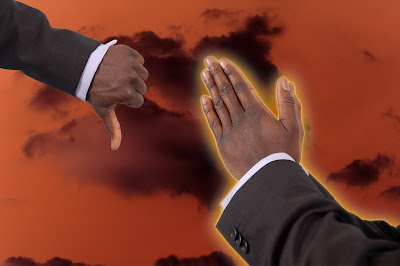Review and insight from We Have This Ministry by Samuel Proctor and Gardner Taylor
In an age of declining youth and young adults desiring to be a part of organized religion, the church must evaluate what has caused this precipitous decent. We must take a hard look at those who are charged with and aid our spiritual growth, the pastor. Of course the pastor doesn't get all the blame, but he/she is the spiritual leader or undershepherd of congregations across the US and beyond thus necessitating the need to look at these spiritual leaders. In The Last Dragon (click HERE to reminisce/remember), Sho'nuff asked Bruce Leroy the question, "Who's the Master?" But Bruce was unwilling to acknowledge that Sho'nuff was the master. Why? Could it be that Sho'nuff did not exhibit the character of a master? I also believe that Bruce Leroy realized that being the master wasn't about him, but those he cared about. So I ask the question, "Who's the pastor?"







